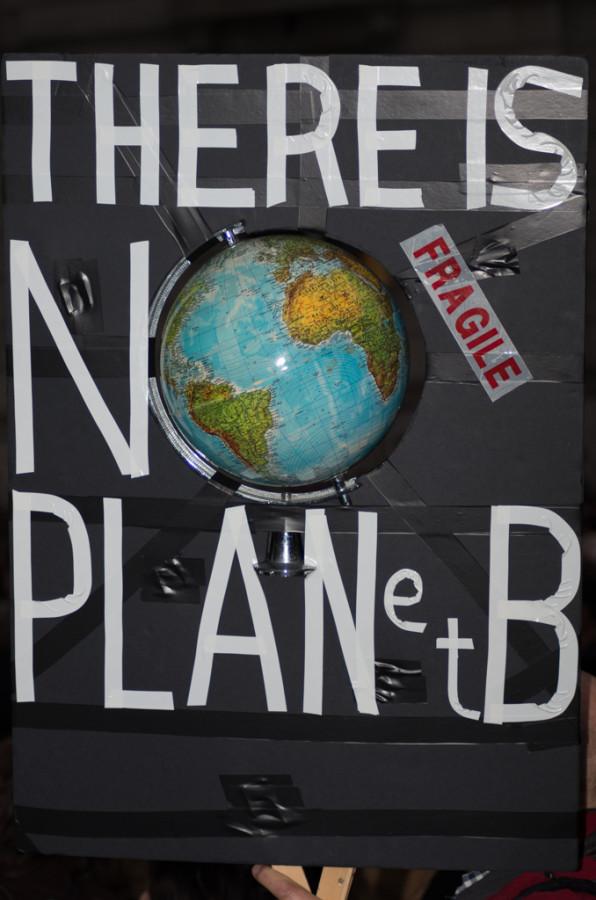Effects of the Paris Climate Talks
December 18, 2015
On Saturday, December 12, thousands of delegates from 195 nations reached a momentous agreement to lower manmade emissions of greenhouse gases. This is truly a historic moment, as many scientists and world leader agree it is the last chance humanity has at reversing the effects of high carbon emissions. Mr. Ban Ki-moon, the Secretary General of the United Nations, said there was “no plan B” if the international agreement fell apart. Fortunately, the agreement that was reached provides a framework for controlling human-caused climate change. So what does this mean for us?
The American People
Speaking strictly short-term, the average American will not feel any immediate effects of this deal. However, over time, there will be more reliance on energy-friendly and renewable power sources like wind, solar, or wave energy. Additionally, there will be jobs created nationwide in the construction and management of new solar fields, wind farms, possibly new wave energy farms, and in green transportation and infrastructure alternatives, similar to light rail trains like the MAX in Portland.
American Politics
Both Secretary of State John Kerry and President Obama pushed hard for the climate talks, and are firmly invested in it. President Obama said “this agreement sends a powerful signal that the world is fully committed to a low-carbon future.” However, many Republicans strongly oppose this agreement. Mitch McConnell, a Republican leader in the Senate, said of the agreement: “[President Obama] should remember that this is an unattainable deal based on a domestic energy plan that is likely illegal, that half the states have sued to halt, and that Congress has already voted to reject.” The Republican-controlled Congress cannot actually block the agreement, as it is not classified as a treaty, but they would have to sign off on any money given to other nations, which is a large part the American commitment to the deal. This means that the U.S. could potentially not be able to hold up our end of the bargain due to Congress’ own interests.
Global Politics and Economy
During the negotiations, strange agreements and possible alliances rose. Some European Union nations joined Pacific island nations, and the U.S. and China put aside their competition to help come together and cut fossil fuel emissions. Both countries, the largest two economies in the world, were at the forefront of the discussions and worked cooperatively to assure a safer planet for future generations. All of these unexpected agreements could see oil-rich countries like Russia and Saudi Arabia shed some power due to the push towards renewable, clean energy.
What This Means for The Average La Salle Student
Climate change is the most important issue our generation faces. While this agreement was reached to help us protect ourselves and our only planet, it is up to everyone to be as conscientious as they can about the ongoing problem of human-caused environmental destruction. This means planting trees, recycling, studying environmental sciences, and spreading awareness of the issue. Remember, we only have one planet, and it is our responsibility to care for it.
***
What are your thoughts on the Climate Summit in Paris? Let us know in the comments below!
Creative Commons photo source:https://www.flickr.com/photos/theweeklybull/22776440344





